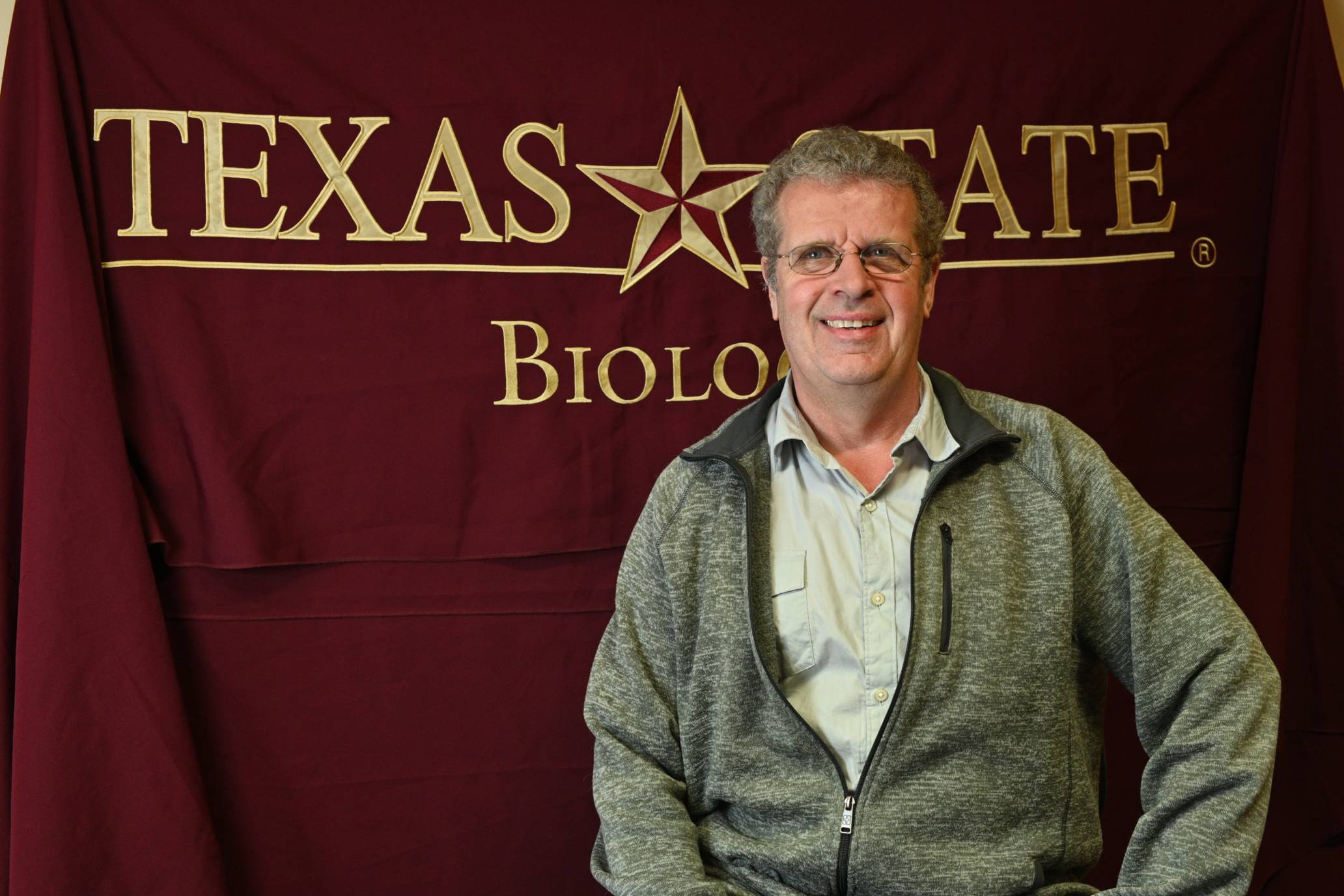Courses
Microbial Ecology (BIO 4446)
Molecular Techniques in Microbial Ecology (BIO 7360G)
Aquatic Microbial Ecology (BIO 7410)
Research Interests
I am a microbial ecologist using molecular techniques to study uncultured microorganisms in aquatic and terrestrial environments. During the last years, I have mainly addressed questions on the ecology of nitrogen-fixing actinomycetes of the genus Frankia and their host plants, but was also involved in studies on invertebrate-microorganism interactions, the ecophysiology of uncultured purple sulfur and sulfate-reducing bacteria, the role of microorganisms in bioremediation of organic and inorganic contaminants, or the fate of pathogens in the environment.
Selected Publications
Vemulapally, S., Guerra, T.M., Hahn, D. 2019. Localization of typical and atypical Frankia isolates from Casuarina sp. in nodules formed on Casuarina equisetifolia. Plant and Soil 435, 385-393.
Marshall, T.L., Baca, C.R., Correa, D.T., Forstner, M.R.J., Hahn, D., Rodriguez, D. 2019. Genetic characterization of chytrids isolated from larval amphibians collected in central and east Texas. Fungal Ecology 39, 55-62.
Gates, A.Y, Guerra, T.M., Morrison, F.B., Forstner, M.R.J., Hardy, T.B., Hahn, D. 2018. Detection of Salmonella in the intestine of Hypostomus plecostomus from the upper San Marcos River, Texas. Journal of Water and Health 16, 460-471.
Ben Tekaya, S., Guerra, T., Rodriguez, D., Dawson, J.O., Hahn, D. 2018. Frankia diversity in host-plant root nodules is independent of abundance or relative diversity of Frankia in corresponding rhizosphere soils. Applied and Environmental Microbiology 84:e02248-17.
Aleman, A., Guerra, T., Maikis, T.J., Milholland, M.T., Castro-Arellano, I., Forstner, M.R.J., Hahn, D. 2017. The prevalence of Trypanosoma cruzi, the causal agent of Chagas disease, in Texas rodent populations. EcoHealth 14, 130-143.
Ben Tekaya, S., Ganesan, A.S., Guerra, T., Dawson, J.O., Forstner, M.R.J., Hahn, D. 2017. SybrGreen and Taqman-based qPCR approaches allow assessment of the abundance and relative distribution of Frankia clusters in soils. Applied and Environmental Microbiology 83:e02833-16. doi.org/10.1128/AEM.02833-16.
Becker, J.C., Rodibaugh, K.J., Hahn, D., Nowlin, W.H. 2017. Bacterial community composition and carbon metabolism in a subtropical riverscape. Hydrobiologia 792, 209-226.
Rodriguez, D., Guerra, T., Forstner, M.R.J., Hahn, D. 2016. Diversity of Frankia in soil assessed by Illumina sequencing of nifH gene fragments. Systematic and Applied Microbiology 39, 391-397.
Samant, S., Dawson, J.O., Hahn, D. 2016. Growth responses of introduced Frankia strains to edaphic factors. Plant and Soil 400, 123-132.
Samant, S., Huo, T., Dawson, J.O., Hahn, D. 2016. Abundance and relative distribution of Frankia host infection groups under actinorhizal Alnus glutinosa and non-actinorhizal Betula nigra trees. Microbial Ecology 71, 473-481.
Please see faculty member’s CV or website for a complete list of publications and additional information.
